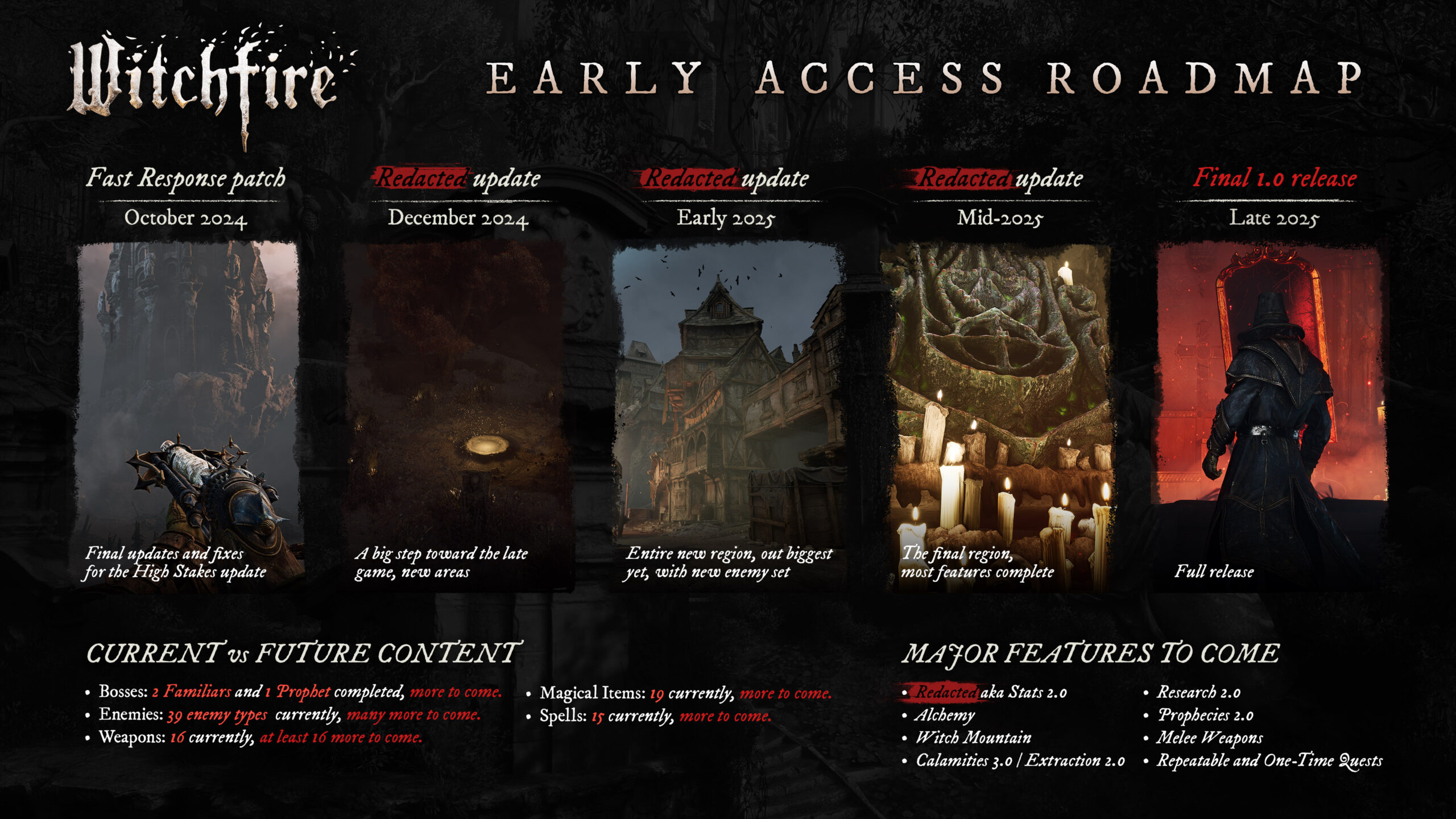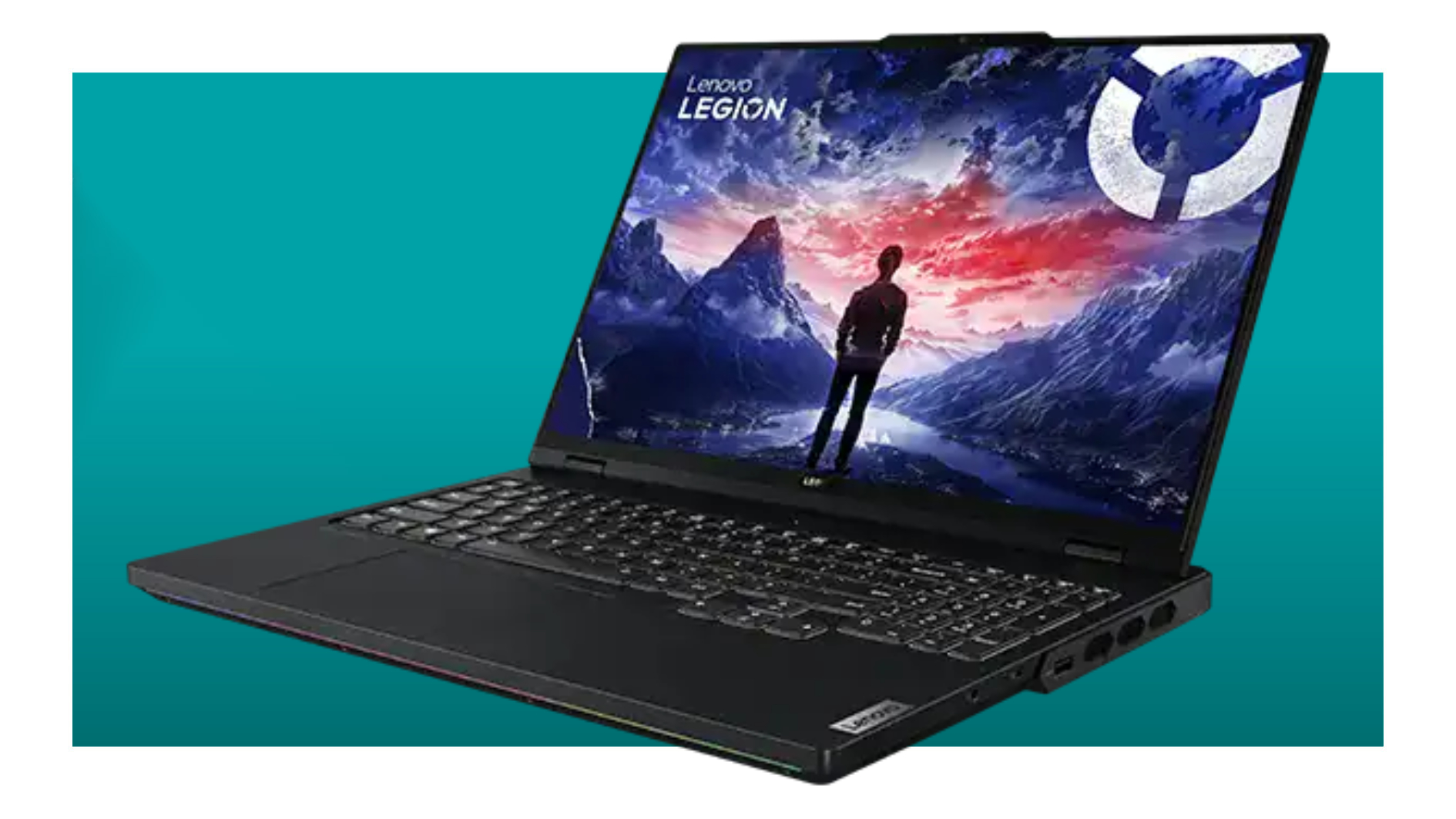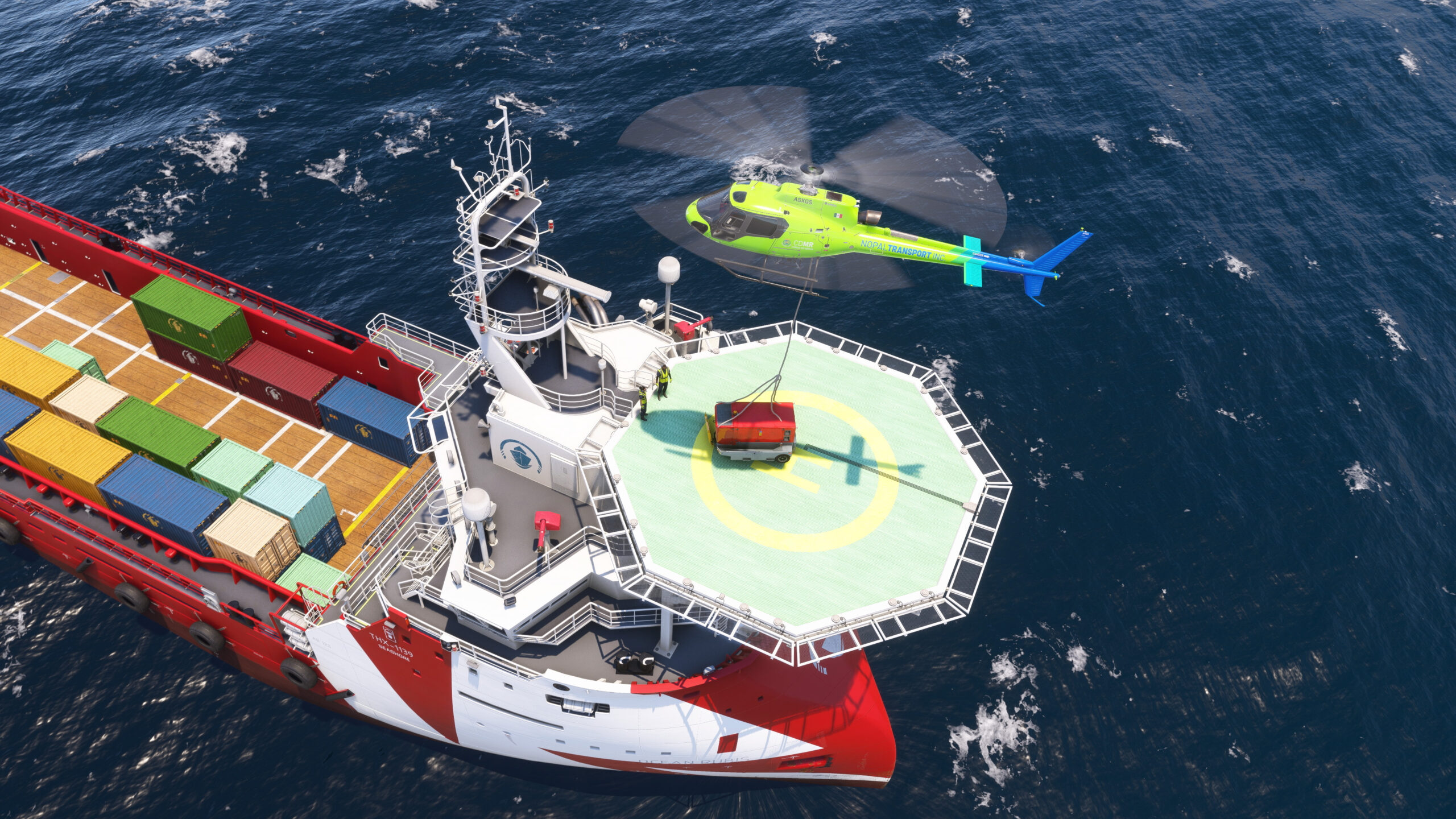
After a year as an Epic Games Store exclusive, the roguelike shooter Witchfire has made its way to Steam—and if you haven’t played for a while, or you’ve been waiting for the early access game to cook a little more, I’m here to tell you that the past 12 months have seen it come a very long way in the right direction.
The Astronauts have been tuning Witchfire for a good while now with an eye toward making it less punishing: The initial release in 2023 showed all kinds of potential but the learning curve wasn’t so much an arc as a brick wall with barbed wire on top, armed with a cricket bat and a bottle of Jack.
That’s changed, dramatically, in two ways. First, the addition in April of a new system called Gnosis, which replaced the original level-based difficulty with a wholly new mechanic that advances separately and much more slowly, and completely at the player’s discretion. Certain aspects and areas of Witchfire require higher levels of Gnosis to access, so there is incentive to crank it up sooner or later, but you’re now able to increase your character’s attributes and push deeper into the game without digging yourself into a hole you can’t get out of.
The other big step in approachability came in August with the release of the Wailing Tower update, which among other things added a new locale Island of the Damned. Despite the name, the Island is actually very (well, relatively) friendly to newcomers: Small and easy to navigate, not too many enemies, double resource drops, and no “calamities,” the semi-regular run-or-die interruptions that nobody likes. There’s bigger trouble to be found as you explore and unlock the island’s secrets, but overall it’s a place where newcomers can rapidly improve their weapons and abilities, and more importantly get a feel for how Witchfire is played without having their asses mercilessly kicked.
Speaking of calamities, those have been nerfed even further in the pre-Steam High Stakes update. Essentially murderous storms of horror that arrive out of nowhere, calamities have been a bugbear since Witchfire launched because they force players to drop everything in order to either fight (typically resulting in death) or haul ass (also typically resulting in death, just a little later). They’re meant to arise from mistakes by the player but they often feel just random, and so The Astronauts have been working to make them more obviously “deterministic,” which is a nice way of saying that if one happens, it’s your own fault. After the latest update, the calamity progress bar advances much more slowly than in the past, and some triggers have been removed completely: “Players should now feel like they’ve truly ‘earned’ a calamity,” the studio said.
Amidst all of this, The Astronauts has also changed how it talks about Witchfire in order to better reflect the nature of the game and the studio’s ambitions for the future. Witchfire was originally described as an FPS built around “soulslike, extraction, and roguelite gameplay,” but that’s all been dropped: Developers are now calling it “a singleplayer RPG shooter,” reflecting both an evolution of the game’s direction and a desire to avoid confusion.
“We realized that describing Witchfire as a ‘unique blend of souls-like, extraction, and roguelite gameplay was not only vague but potentially misleading,” creative director Adrian Chmielarz wrote. “It could deter players who would enjoy the game once they understood its true nature, or disappoint those expecting more rigid adherence to genre fundamentals.
“We’ve now settled on ‘RPG shooter.’ The shooter part is obvious, and the RPG elements, like build crafting and lore, grow stronger with each update.” Chmielarz added that more story elements and a greater focus on Witchfire’s RPG aspect is “coming soon.”
For those who have been playing Witchfire on the Epic Games Store and want to make the move to Steam, the good news is that saves will carry over and the process is about as painless as possible. Both games use the same save location and format, so there’s literally nothing to do: Just install the game on Steam, fire it up, and like magic, there it is.
Coming to Steam seems to be working out pretty well for Witchfire, which has held a place in the top sellers list since its arrival. But Chmielarz said in January that the Epic exclusivity deal was very good for it too: Sales weren’t as high as they would have been if the game was on both storefronts, but the deal with Epic “helped us to keep the studio independent,” and Epic’s smaller take on revenues has provided a boost to Witchfire’s development budget.
“Last but not least, Epic is genuinely good to us,” Chmielarz wrote, before the Steam launch was announced. “Helping out, promoting the game. We’re happy with the deal. We will come to other platforms for sure, stay tuned—but for now we’re glad [we] went with them.”
All told, Witchfire as it stands now is very different, and dramatically improved, from the initial early access release. It’s not complete by any stretch, but the end is in sight: The most recent early access roadmap has two major updates slated for release through 2025, along with various smaller patches, and a full 1.0 release near the end of that year—although, as always with such things, that’s not carved in stone. None of this will be a secret if you’ve been following Witchfire’s development on Epic, but if you haven’t, now might be a very good time to give it a look.



